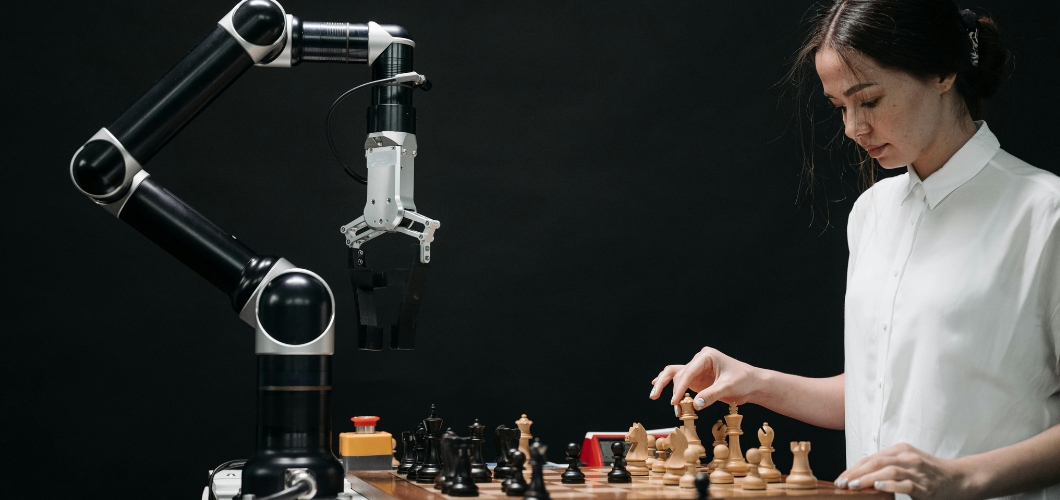Gain exclusive access to limitless insights at the crossroads of technology, power, and culture.
SubscribeArtificial intelligence (AI) and cognitive computing are terms that get thrown around a lot these days, sometimes even interchangeably. But while they’re both fields dedicated to creating intelligent machines, there are some key distinctions between them. Understanding these differences is crucial for navigating the exciting future these technologies hold.
Let’s break down the differences and understand how they each contribute to the future of technology in this blog.
AI
A computer program that learns and improves on its own—that’s the core idea behind AI. AI systems are trained on massive datasets, allowing them to identify patterns, make predictions, and even generate creative content.
For instance, a chess-playing AI analyzes countless past games, learns winning strategies, and adapts its moves based on its opponent’s actions. This ability to learn and adapt is what makes AI so powerful in various fields, from self-driving cars to medical diagnosis.
Cognitive Computing
Cognitive computing takes a different approach. Instead of just learning from data, it aims to mimic the human thought process. These systems analyze information, reason through problems, and even learn from experience in a way that’s more akin to how humans approach challenges. Cognitive computing systems use a combination of techniques like natural language processing, image recognition, and machine learning to achieve this.
For instance, a cognitive computing system might be tasked with analyzing customer service interactions. It can understand the sentiment in customer messages, identify recurring issues, and even suggest solutions – just like a human customer service representative.
Working Together for a Smarter Future
AI and cognitive computing aren’t rivals—they complement each other. AI excels at analyzing vast amounts of data and identifying patterns, while cognitive computing helps us understand those patterns and make sense of the information.
As these technologies continue to evolve, we can expect even more powerful collaborations between AI and cognitive computing—leading to breakthroughs in healthcare, finance, and countless other fields.
Tags:
AI ApplicationsAI DevelopmentAuthor - Samita Nayak
Samita Nayak is a content writer working at Anteriad. She writes about business, technology, HR, marketing, cryptocurrency, and sales. When not writing, she can usually be found reading a book, watching movies, or spending far too much time with her Golden Retriever.

